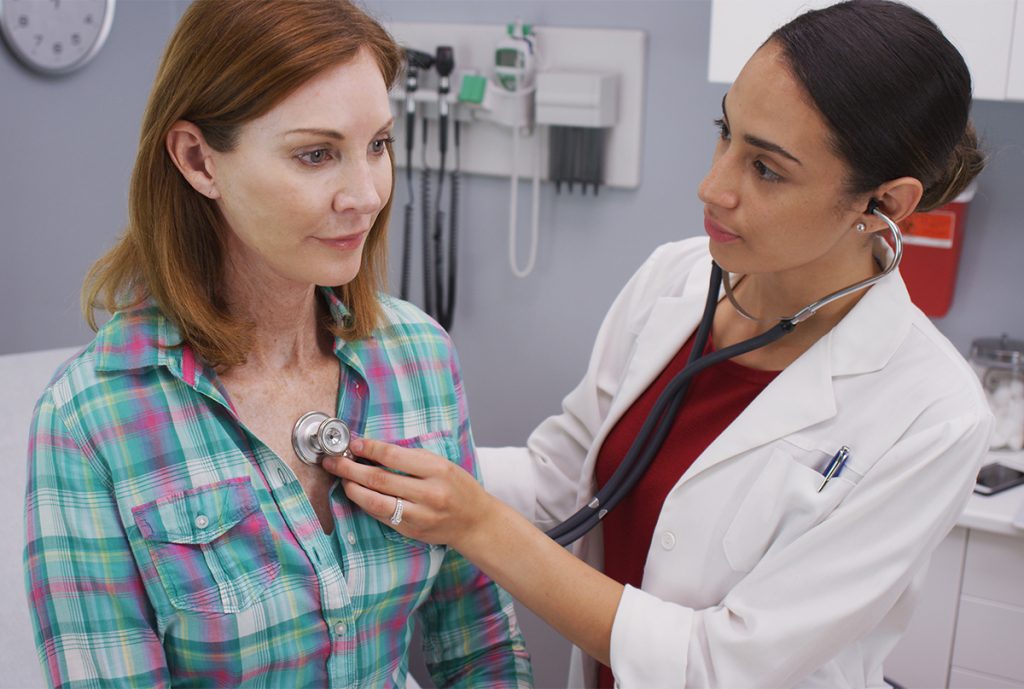
The average age of menopause is 51, but the process can start as early as 40 or as late as 60. For some women, menopause is accompanied by bothersome hot flashes and night sweats, while others have no symptoms at all. Regardless of your experience, there are certain health risks that come with menopause.
Keep reading to learn more about the benefits of menopause screening and how to get started.
Menopause Screening Can…:
- Help catch potential health problems, like osteoporosis and heart disease, early.
- Help diagnose menopause-related cancers, like ovarian cancer.
- Help you and your doctor develop a treatment plan to manage your menopause symptoms.
- Help you and your doctor monitor your health and make sure you’re up to date on all your screenings and vaccinations.
- Give you peace of mind knowing that you’re doing everything you can to stay healthy during menopause and beyond.
How to Do Menopause Screening
- Talk to your doctor about your menopause screening options. They can help you decide which screenings are right for you based on your age, health history, and family history.
- Get a bone density test. This test is used to diagnose osteoporosis, a bone-thinning disease that can occur during menopause.
- Get a mammogram. This screening test can help detect breast cancer. Be sure to talk to your doctor about how often you should get a mammogram based on your age and risk factors.
- Get a Pap test. This test can help detect cervical cancer. Be sure to talk to your doctor about how often you should get a Pap test based on your age and risk factors.
- Get a lipid panel. This test measures your cholesterol and triglyceride levels. High levels of cholesterol and triglyceride can increase your risk for heart disease.
To wrap things up
Menopause screening is an important way to stay on top of your health during menopause and beyond. Be sure to talk to your doctor about which screenings are right for you and how often you should get them. Visit www.whmcenter.com to connect with an OB/GYN
